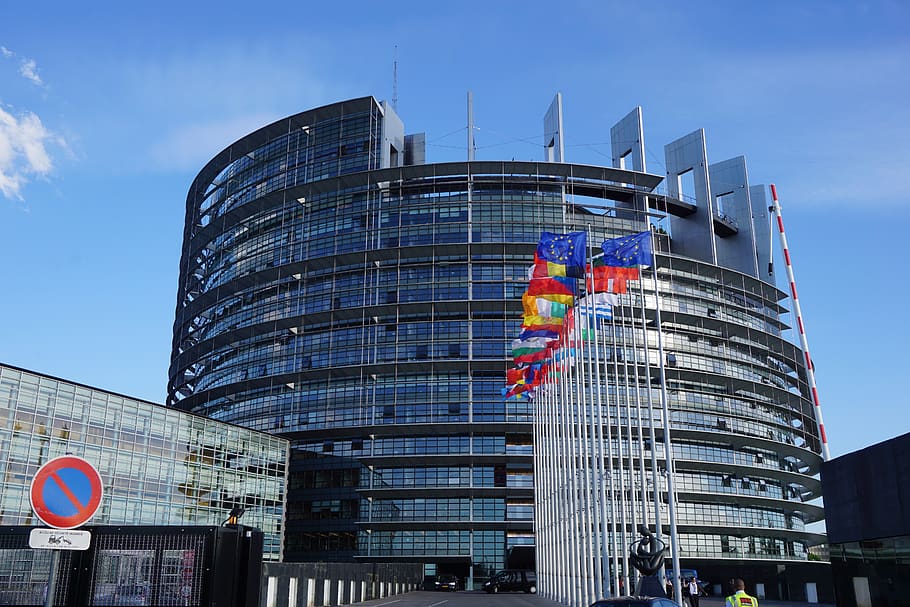The story is a follow up on the Special Coverage of the Creatives Unite platform on the working conditions of Artists and Creative Professionals in the EU
-------------------------------------------------------------------------------------------------------------------
In a
report presented this week, MEPs urged the Commission to encourage EU member states to
adopt a framework that would provide artists with rights and benefits similar to standard employees, such as access to healthcare, unemployment benefits, and pensions.
The joint report by the European Parliament’s Culture (CULT) and Employment (EMPL) committees follows a recent
study by a group of experts representing the 27 member-states, showing that artists face precarious working conditions, irregular income, and a lack of social protections. The study found that artists and cultural professionals in Europe do not have equal access to unemployment benefits, and health insurance, but rather face precarious conditions in bigger numbers. MEPs argue that the pandemic has highlighted the vulnerable position of artists and the “simply unsustainable” situation of the cultural sector.
What to do about AI
The report also calls for a debate on how to regulate artificial intelligence systems that generate creative content like music, writing, and visual art. MEPs argue that AI tools raise complex questions around copyright, fair compensation, and transparency that must be addressed to protect artists’ livelihoods. Some countries are putting in place such systems as the Netherlands’ Fair Practice Code, Austria’s
Fairness Process, and Ireland’s Basic Income for the Arts.
But achieving harmonized rights and benefits in the EU’s culturally diverse landscape will require cooperation and political will at both the European and member-state levels. Artists themselves say real change cannot come soon, but after the COV-19 crisis and the breakthrough of generative AI technologies, the issue now is wide open.








